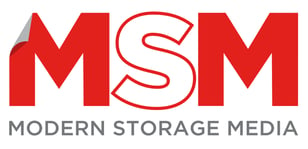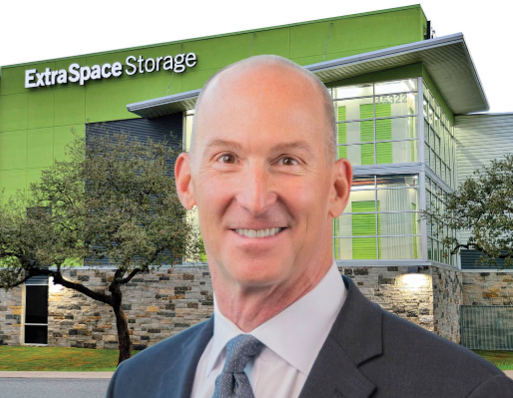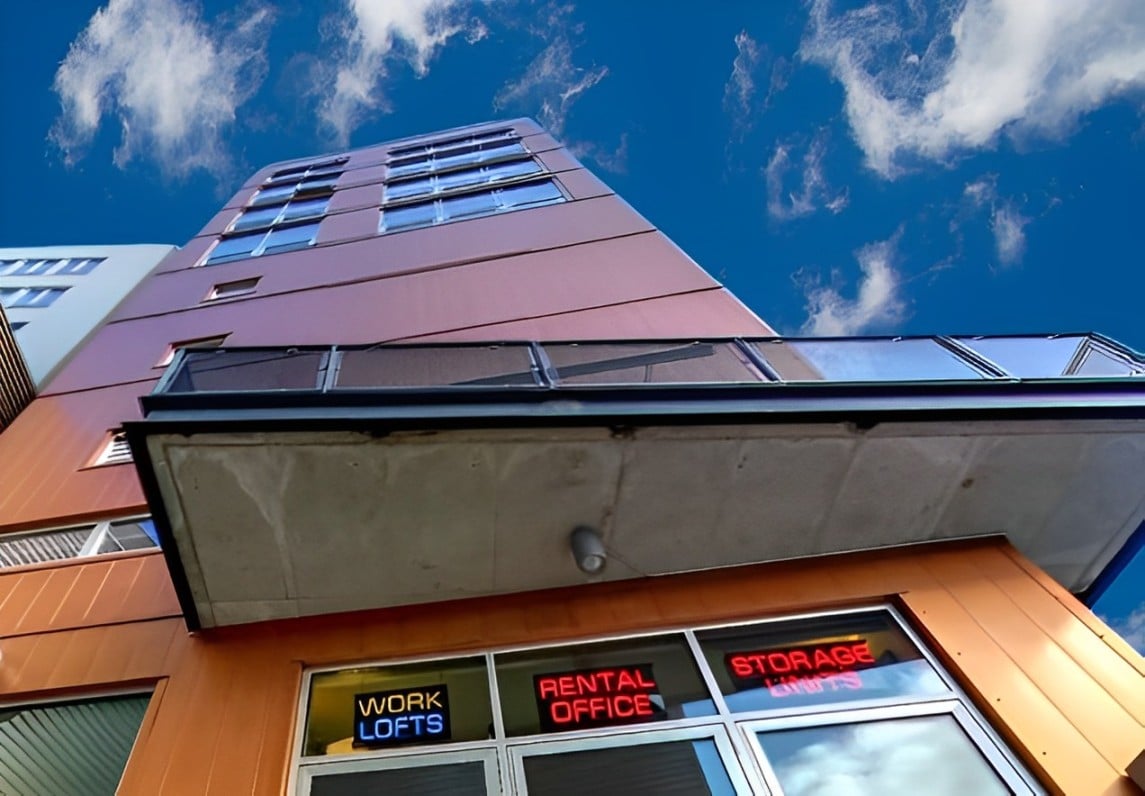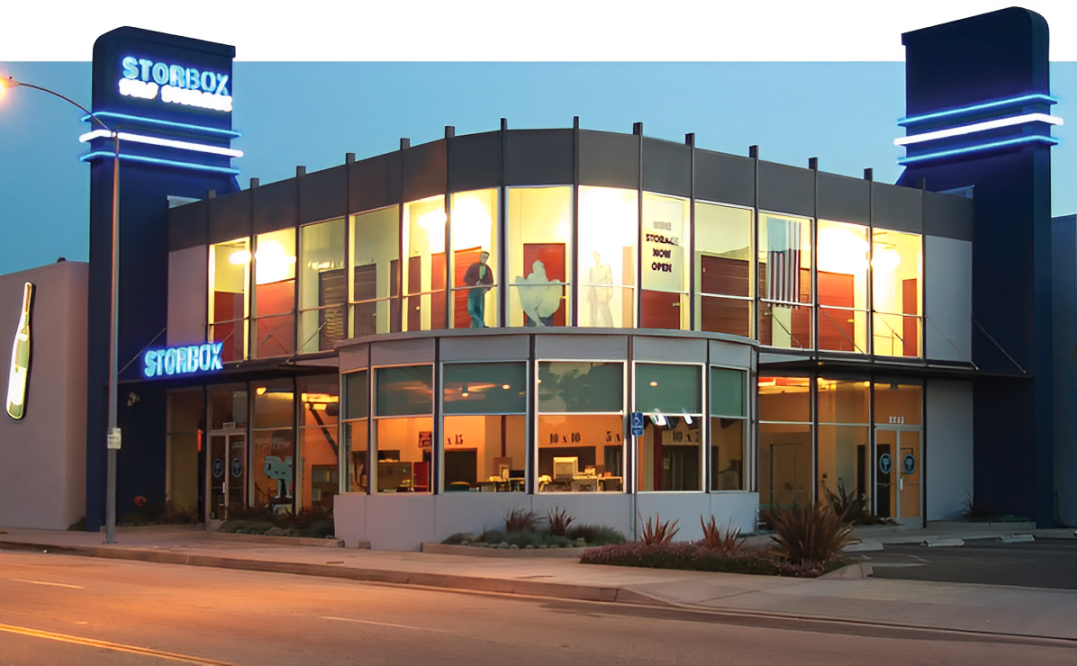The Perks Of Industry-Specific Software
The operations side of the self-storage business can be tedious, with numerous reports to run, records to keep, and processes to follow. However, the right management software can streamline those daily tasks and procedures, eliminating some of the stress and greatly reducing the margin of error. Moreover, many software programs can be customized to fit your facility’s needs.
“While programs like QuickBooks are slowly migrating towards industries like property management, being able to do credit cards, recurring billing, and the like,” says Tom Garden, owner and CEO of Syrasoft, “there are far too many reports peculiar to self-storage that these programs won’t provide.”
For example, Garden points out that they don’t provide a sophisticated late-letter system. “Late letters and the financial and legal ramifications of the actions storage businesses sometimes have to take, in that regard, are an important part of the business,” he says. “States have enacted legislation covering this terrain because so many people have been gouged by late fees, so software needs to be flexible to deal with these issues.”
David McCormack, director of sales for SiteLink, adds, “Owners should look for software working with industry-specific platforms or components such as gate systems and websites including online rentals—not just online payments and reservations.” Additional features should include SMS, HTML email, and electronic signature capture to name a few. “It is impossible to connect, automate, and stuff the calendar-based tasks like invoicing, collections … lien and auctions into a spreadsheet or off-the-shelf accounting software.”
Indeed, self-storage is an industry with its own specific needs and operating procedures. “The point about late letters, delinquencies, and the issues arising there is well taken,” says James Hafen, general manager and industry principal for Yardi. “With the number of laws that have been drafted to protect consumers, you don’t want to make a mistake, sell off the contents of a unit due to delinquency, and get sued a month later. Generic business software just doesn’t give you the tools you need to stay on top of all the nuances of the industry.”
According to Kat Shenoy, president and CEO of E-SoftSys, software such as Quicken and QuickBooks “are more of a personal finance management or accounting software, and not exactly a point of sale or management software. The software may not do all of the things you are looking for such as automatically manage pricing based on unit size occupancy or popping an alert to the manager when a new on-line rental or reservation comes in. Specialized software is tailored and well-suited to the needs of the business and has all the bells and whistles in place so you can now run the business the way you want.”
The Price Is Right
As the saying goes, you get what you pay for. And going the cheapest route when it comes to software can be a huge disservice to your storage business. While large self-storage companies oftentimes have their own software programs in place, there are plenty of cost-effective options available to smaller operators that can help them regain a competitive edge.
“Software is .001 percent of your business expense and 99 percent of your aggravation,” says Garden. “People too often underestimate its day to day value, but good software is the center of the universe in running a sound business.”
Common advice when searching for software is to not pay for more than you need. Although Ramona Taylor, president and owner of Space Control Systems, say that’s not a bad idea, that pricing strategy can only take you so far.
“To start with,” Taylor says, “there’s the basic package that everyone needs to cover their business, and that’s the kind of thing that all vendors put together. But does the package offer things like on-line payments or reservations? Is it priced on the size of the facility?”
Of course, there are many factors to consider. “People say they don’t need the bells and whistles,” says Garden. “So they buy the software. Three months later, they need those bells and whistles. Then, over time, as they become more sophisticated in their software usage, they become very happy they have those bells and whistles.”
While you can attempt to create your own system by piecing together services from different providers, that can be an expensive option. “I’ve noticed more and more how companies are trying to create a holistic turnkey solution in an integrated manner, and that reduces cost and reduces management time and expense,” Garden says. “At the end of the day, it’s worth spending more to get the software that you need. Over time, you’ll see the expense go down, while you’re watching customer satisfaction go up.”
Taylor reiterates that price shouldn’t be your deciding factor. “We’ve had customers who go to the trade shows and buy the cheapest software available,” she says, “and then we see them again the next year, looking for a new package.”
In addition, keep in mind that some software companies have an a-la-carte approach to pricing. Therefore, the total cost will depends upon which options you choose from their list of products and services.
Reliable And Flexible
With costs aside, self-storage management software must be reliable. “First off, if you think about it, the user doesn’t want versatility,” says Gordon Quayle, president of Quayle Computer Concepts. “The user wants it to work the way he wants it to work and do what he needs done. Reliability? Let’s be honest, the software should be reliable or it shouldn’t be out there.”
Taylor agrees that reliability is a key element. “Check the history of the company; check the track record of their software products; check their references,” she says.
Moreover, the software company with which you choose to do business should be constantly improving their products to keep up with the fast pace of technology. Business needs are sometimes difficult to predict, points out Shenoy. “There are times when a business feels that they may not need something to start with, but with new technological references that are taking place very rapidly, the needs tend to change very quickly.”
Quayle reminds operators to ensure that the software does what you need. “I’ve been in this industry for years,” he says. “And I’ve seen a number of changes over the years. The thing is, when you’ve got a large toolbox, the tendency for programmers is to reach in and grab the newest tool. I think the idea is to look at the whole toolbox and use the best tool for that solution.”
On-Going Support
Customer support and training are two sometimes overlooked aspects that should be carefully evaluated before selecting a management software. The best self-storage software providers know the value of accessible and professional customer support.
“We offer 24/7 support to all our customers, via phone, email, on-line chat, and Helpdesk system,” says Shenoy. “You never know when the need for help might arise, be it to answer a pressing question, or if you need immediate help in the event of a system crash, or a quick refresher on a specific function or feature. Customer support is bundled as part of [our] software package, so you are not really paying anything extra for availing support.”
SiteLink, which provides unlimited daily support as part of its subscription, provides training as well as support. “Training is common in most industries, says McCormack. “The same holds for self-storage. Customers who do not use our support often use fewer features in our software and see their stores under-perform.”
Keep in mind that support costs vary. Garden says his company’s desktop version comes with 90 days of support, after that period charging $599 per year or $49.95 per month, while the company’s cloud version (Syrasoft Connect) comes with support included as part of the subscription, as does Space Control’s web-based software.
“If you look at other companies’ cost structure, their cost of advertising is always high. But cost of customer acquisition is, or should be, covered by the cost of the software,” says Quayle. “Customer support for these companies is a constant revenue stream. I spend almost no money on advertising. I charge the customer to buy the software, and support is free after that. I’m a software user, and I don’t want to pay for support. My philosophy is ‘don’t put a wall between your company and the customer.’ If someone has a problem with my software, I want them to call me and tell me about it.”
Safe And Secure
With the threat of identity theft and credit card fraud, protecting your customers’ data should be a top business concern. “Security of data and financial transactions is a big issue,” says Hafen. “The cloud isn’t the way of the future; it’s the reality here and now. There are ways to assure higher security, whether we’re talking the cloud or local storage, and a company worth its salt will provide assurances of that security.”
McCormack feels that software companies must be committed to protecting customer data through strict SSAE 16 (SOC1) Type II and PCI Level 1 certifications. “International high-tech hackers make good news stories,” he says, “but in my experience, the businesses that are effectively at a standstill because of data loss are always [without exception] in a localized situation [hardware failure, power outage, credit card theft, employee fraud] that could have been avoided if a cloud-based solution were in place and being used properly.”
PCI DSS (Payment Card Industry Data Security Standard) refers to a set of regulations that require that all companies that process, store, or transmit credit card information maintain a secure environment. “But if a company says they’re PCI certified, look at by whom, and look at authentication,” Hafen says. “There are lots of places to get a PCI stamp, but quality matters. So you’ve got to have a clear idea of what you’re buying and your expectations before you get in bed with a company providing cloud-based services. You want to know who owns the data, how you can get it, how much it’s going to cost you, and how you can get your systems restored in the event of a catastrophic failure. As the cloud has matured, security has matured, but no one can guarantee you 100 percent security. The risk is the number of people that have access to the data, not where the data is stored.”
A year ago, Quayle stated that he would never want his clients’ data stored on the cloud. His stance remains unchanged. “You see why in the news every day. The other thing you get into then is ‘who owns your data’? If you buy a package that’s Internet-based, the data stored on that company’s servers, then you only have access if you pay the fees. Change providers and stop paying the fees, then you have no access to that data. Store the program on the cloud? Absolutely. Store your customer’s data on the cloud? Absolutely not. Use the cloud for payments, available units, taking credit cards, sending invoices and so on. Keep your data storage local.”
Down The Road
“It’s hard to look into the future,” says Taylor. “We’ve had DOS packages, we had first Windows packages, second Windows packages, and now it’s the cloud. We decided to do the cloud package from scratch because there are better programming and database languages now. We didn’t want to bring in 10-year-old programming language for the cloud.”
Hafen foresees changes in payment technology. “EMD [Electronic Data Management] scanners and electronic payment technology such as PayPal, none of which is unique to self-storage. We’ll also see a continually increasing ability to get out from behind the desk and work remotely.”
Mobile apps will continue grow as an important factor in Garden’s view. “They’re not yet well-served in our industry, but they’re getting there, both customer-facing and manager-facing,” he says. “The customer wants things as simple and easy as possible; they want to be able to use their mobile phone to make payments, reserve space and so on. And the manager wants to be able to leave the office, walk the facility, and make notes and commentary: what units have been newly-vacated, what units need cleaning, things like that. The mobile phone is probably the major device impacting our industry.”
McCormack predicts a continued increase of un-staffed stores and online rentals. “The change, I believe, is the demographic shift as Baby Boomers continue to downsize and Millennials enter their productive years,” he says. “This shift will hasten the adoption of both of these business models. Owners will increasingly invest in analytics and graphics packages and focus on management software offering the most robust data structure and data output.”
“Some businesses are venturing towards the concept of unmanned sites or appointment-based store visits, and they are on the lookout for kiosk and tablet-based solutions,” says McCormack. “Software now has to be tailored to not just desktops and laptops, but mobile devices such as iPads, tablets, and cell phones. End customers are increasingly demanding the convenience of being able to rent, reserve, or make a payment from their tablet or cell phone, so businesses have to make their online presence felt in mobile-friendly formats to attract the customer and provide then with the means to connect to them. In the not-too-distant future, we foresee robots handling some of the routine tasks such as greeting a customer, scanning important customer documents, collecting payments, and doing site walk-throughs.”
Lance Frazer is a freelance writer based in Cameron Park, California.
More Content
Popular Posts
The REITs new pricing strategy – lowering...
The self storage industry is in a precarious...
With the approval of both companies’...
Recent Posts
Owning or managing a self-storage facility...
Helen Keller is quoted as saying, “Alone we...
It’s often been said that “opportunity is...
There’s a saying in Florida that there are...
The landscape of the self-storage industry...
Last January, the prime interest rate was...
Many of us are seeking ways to bring in new...














